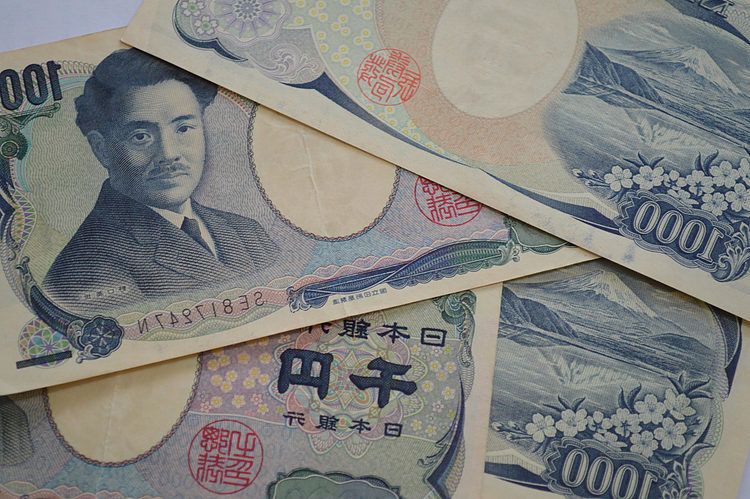The Bank of Japan (BoJ) has been intervening in the market to stabilize the Japanese Yen (JPY) amidst ongoing economic challenges. The recent trend has shown the JPY weakening against other currencies, prompting concerns about inflation and economic growth. Commerzbank’s FX analyst Volkmar Baur describes the BoJ’s interventions as ‘leaning against the wind’, indicating a struggle to counteract the JPY’s decline.
Recent economic indicators, such as a contraction in services activity and unconvincing foreign trade figures, have raised concerns about the strength of the Japanese economy. Weaker imports contribute to the challenges facing Japan’s domestic economy, while inflation remains below the central bank’s target of 1.6%. Despite a slight uptick in momentum in June, core inflation continues to be driven by the prices of goods rather than services, which poses a significant barrier to achieving sustainable, “homegrown” inflation.
One key factor influencing inflation in Japan is the depreciation of the JPY over the past year. If the JPY were to stabilize, this inflation driver could dissipate, further complicating the BoJ’s efforts to stimulate economic growth and achieve its inflation targets. Additionally, the BoJ is hoping that the headwinds from US interest rates will ease in the coming months, allowing the JPY to stabilize without the need for constant intervention.
Overall, the BoJ faces a challenging economic environment characterized by weak domestic activity, subdued inflation, and a depreciating currency. The central bank must navigate through these obstacles while also considering external factors such as US interest rates and global economic trends. By monitoring these developments and implementing effective monetary policies, the BoJ aims to support Japan’s economic recovery and maintain stability in the currency markets.
Despite the ongoing challenges, there are opportunities for the Japanese economy to rebound and regain momentum. By addressing the underlying issues driving inflation and focusing on stimulating domestic demand, the BoJ can work towards achieving sustainable economic growth. Additionally, continued efforts to stabilize the JPY and mitigate external risks will be crucial in maintaining confidence in Japan’s economic prospects and ensuring a positive outlook for the future.
In conclusion, the BoJ’s interventions in response to the weakening Japanese Yen reflect the central bank’s commitment to supporting economic stability and addressing key issues such as inflation and domestic activity. By implementing targeted measures to stimulate growth and stabilize the currency, the BoJ aims to navigate through the current challenges and pave the way for a stronger and more resilient Japanese economy. With careful monitoring and strategic decision-making, the BoJ can foster sustainable economic recovery and position Japan for long-term success in the global marketplace.











